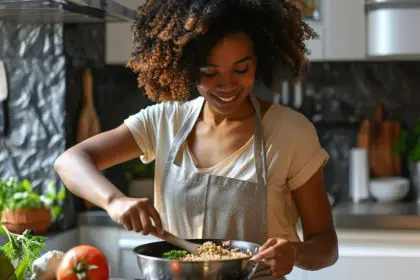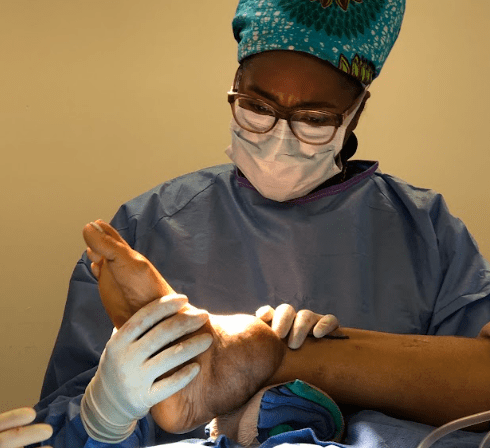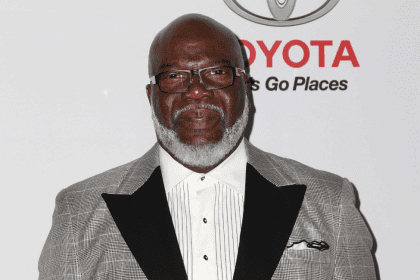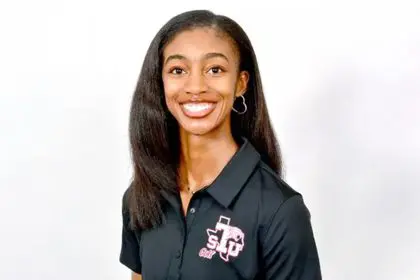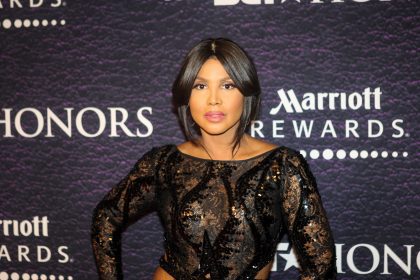You can do nothing without health, and the greatest opportunity for changing the future starts with the youth. Highlighting these realities, Brooklyn-based registered dietician nutritionist Maya Feller has partnered with Oikos to expand its nutrition sponsorship program to Savannah State University. This move aims to address issues of food insecurity within Historically Black Colleges and Universities (HBCUs).
Feller recently stopped by rolling out to discuss the initiative.
What are you doing exactly for HBCUs?
I partnered with Oikos to help further the mission on tackling some of the inequities that really stand in Historically Black Colleges and Universities.
Food insecurity is something that touches quite a few students and learners on college campuses. When we look at some of these discrepancies, we actually see that there’s an increased burden on Historically Black Colleges and Universities.
College is this formative time where folks are not only really learning about who they are and who they want to be in society, but it’s also a time where they’re setting that foundation for the health of their life moving forward. Nutrition is really at the center, and in my opinion, as a dietitian, the forefront of this.
This partnership is really where Oikos has partnered with universities and to date, they’ve given over 1000 pounds of product to JSU [Jackson State University]. They also gave nutrition resources and collateral in partnership with the Collegiate and Professional Sports Dietitians Association, and the most recent partnership is with Savannah State.
There is a desire to think about how nutrition shows up in these spaces, especially among college athletes.
It’s often discussed that HBCUs are underfunded, but they’re also expensive just to attend, which can make healthy food shopping difficult.
The truth is that we have to have a discussion about these historic and systemic inequities that go way back.
There’s a reason there’s this wealth gap between Black folks and our counterparts in the U.S. When we talk about opportunity, the opportunities for the most part, simply have not been there. We know education is a path forward. However, people, just like you said, have to be able to attain the education. We want our young learners actually to come out of school, not burdened by having been in school, so I agree with you 100%.
I think we really need more public and private partnerships that are looking to bridge this funding gap, similar to this nutrition sponsorship program. I also think another thing is we want to think about not just what are we putting into our young learners in terms of intellect, but how are we helping their bodies to help stave off chronic conditions in the future? So we know nutrition and this go hand in hand.
What are five nutrition tips you have for the Black community in 2024?
The first two are actually not going to be nutrition-related.
No. 1 is find ways and times to engage in activities that reduce stress. It can be a walk, a deep breath or going to the park.
No. 2 is hydration. Think about how much water you are drinking over the course of the day. The more you move, the hotter and sunnier it is, the more water you’re going to need.
No. 3 is sleep. How can I get quality, restful sleep, continuous hours throughout the night?
No. 4 is add those veggies. Whatever plant it is … dandelion greens is not just a weed on the side of the road… Season it up with some garlic and onion. It’s absolutely wonderful.
No. 5 is proteins. We often think it has to be a piece of chicken or fish. It can also be dairy. It can be yogurt, beans, nuts, seeds, so vary your proteins across the day as much as possible.

